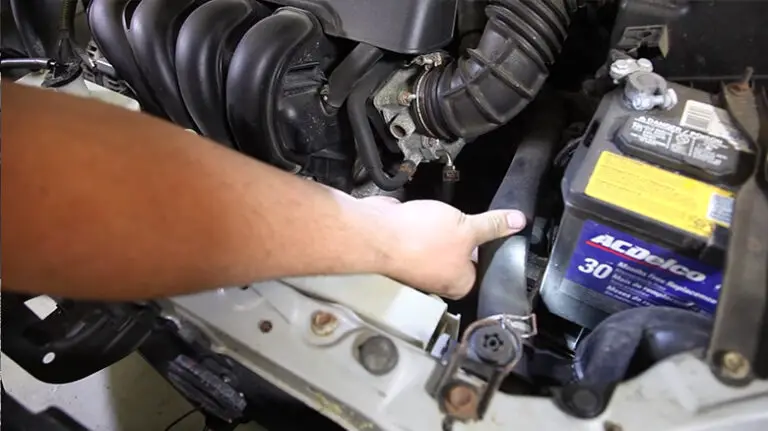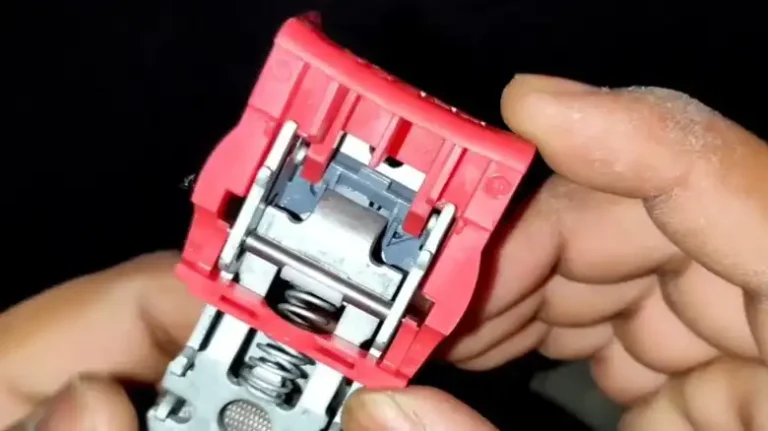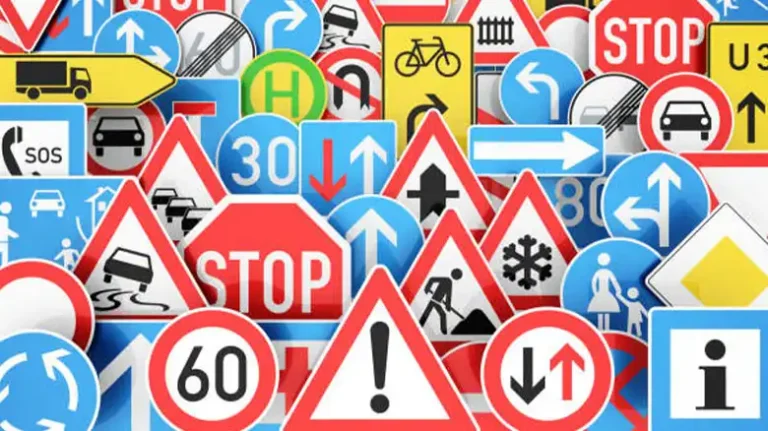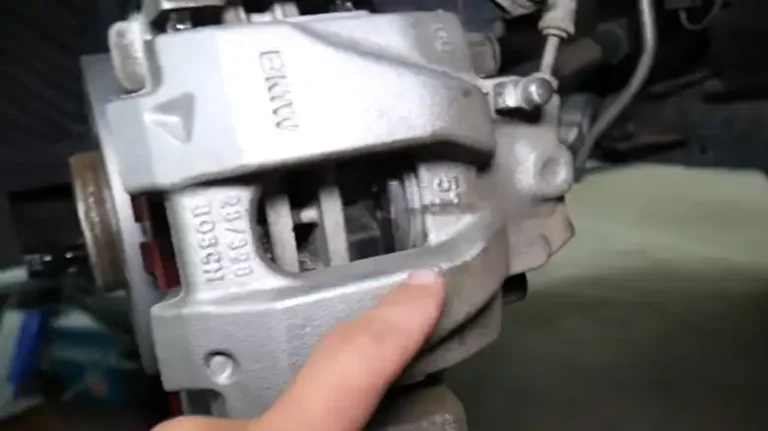What Is a 62 Point Check? Everything You Need to Know
When it comes to the well-being of your vehicle, staying proactive and ensuring its longevity is crucial. A 62-point check is a comprehensive inspection of a vehicle, typically conducted by a qualified mechanic. This examination covers an extensive range of components, and while the specific items checked may vary slightly from mechanic to mechanic, there is a set of common components that are examined to ensure your vehicle’s health and safety.
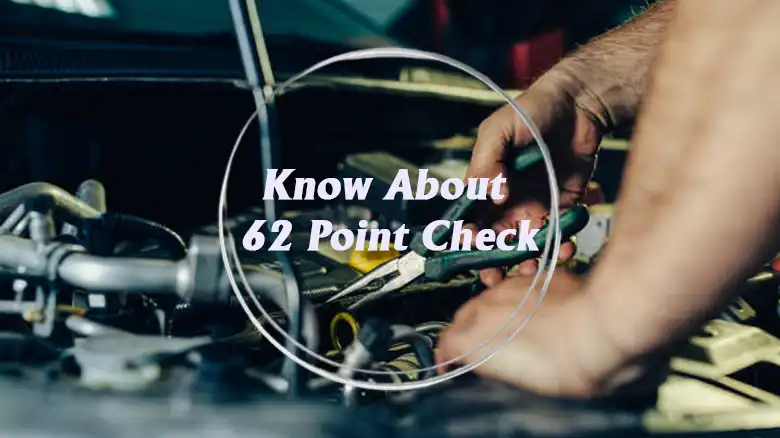
What Does a 62-Point Check Include?
A 62-point check encompasses a thorough assessment of key aspects of your vehicle. Here are the details of what this examination consists of –
Under the Hood
Engine Oil Level and Condition: The engine’s lifeblood is its oil. A 62-point check scrutinizes the oil level and its condition, ensuring it’s clean and at an optimal level.
Coolant Level and Condition: Maintaining the right coolant level is vital for engine temperature control. The check ensures your engine is well-protected against overheating.
Transmission Fluid: Proper transmission fluid levels and conditions are essential for the smooth operation of your vehicle’s transmission system.
Brake Fluid: Brake fluid, critical for your stopping power, is examined to ensure it’s at the right level and in good condition.
Power Steering Fluid: A well-functioning power steering system is vital for ease of control, and this component is assessed to identify any issues.
Wheels and Tires
Tire Pressure and Tread Wear: Ensuring your tires are properly inflated and the treads are not worn out is crucial for both safety and fuel efficiency.
Suspension and Steering: The condition of suspension and steering components is evaluated for wear and damage to maintain vehicle stability.
Electrical System: All electrical components are checked for wear and damage, helping to prevent unexpected electrical issues.
Lights and Bulbs: All lights and bulbs, including headlights, taillights, and brake lights, are inspected to ensure proper function.
Interior Comfort
Air Conditioning and Heating Systems: Ensuring your comfort, these systems are checked for proper operation.
Horn and Interior Lamps: These essential interior features are examined to ensure they work as they should.
Wipers and Screen Wash: Front and rear wiper blades and screen wash levels are assessed to guarantee clear visibility.
Undercarriage and More
Battery Water Level: Battery health is crucial for starting your vehicle reliably, and water levels are checked.
Brake System: This includes the inspection of brake disks, pads, calipers, drums, and linings, ensuring your braking system is in top condition.
Transmission and Drivetrain: Components like the clutch fluid, differential, gearbox oil, and transfer box are examined.
Suspension and Steering Components: Items like CV joints, tie rod ends, ball joints, and shocks are checked for wear and tear.
Exhaust System: Exhaust system leaks or damage can affect emissions and fuel efficiency, and they are inspected.
Engine Mountings: The engine’s stability is vital, and the mountings are checked to ensure they are secure.
Lubrication Services: This includes the inspection of brake fluid, clutch fluid, coolant, gearbox oil, and cambelt, ensuring these vital fluids are in good condition.
Road Test
Steering Free Play: A road test is conducted to ensure the steering is responsive and free from excessive play.
Clutch Operation: Clutch performance is evaluated to ensure smooth gear changes.
Suspension Noise: Any unusual suspension noise is addressed to prevent further damage.
Engine Performance: The engine’s performance is tested for any anomalies.
Transmission and Brakes: The transmission and brakes are tested for smooth operation.
Final Check
Service Light Reset: If your vehicle has a service light, it is reset to indicate that maintenance has been performed.
Overall Inspection: A final check ensures all components have been inspected thoroughly.
Tightening and Maintenance: All necessary components are tightened, and maintenance items are addressed.
Why is a 62-Point Check Important?
Having a 62-point check performed regularly offers numerous benefits:
1. Improved Safety
Identifying potential safety hazards early, such as worn brakes or defective tires, helps reduce the risk of accidents.
2. Increased Reliability
Detecting reliability issues in advance decreases the risk of breakdowns, ensuring a more dependable ride.
3. Extended Lifespan
Proper maintenance and early issue identification extend the life of your vehicle, saving you money in the long run.
Important Note
When opting for a 62-point check, it’s crucial to select a qualified mechanic. A skilled technician will ensure your vehicle undergoes a comprehensive inspection, identifying any potential problems and ensuring your safety on the road.
Conclusion
In conclusion, a 62-point check is a holistic inspection of your vehicle’s crucial components, helping maintain safety, reliability, and the vehicle’s overall lifespan. By investing in regular check-ups with a qualified mechanic, you’re not only ensuring your safety but also extending the life of your beloved vehicle. Remember, a well-maintained vehicle is a reliable and safe vehicle.
